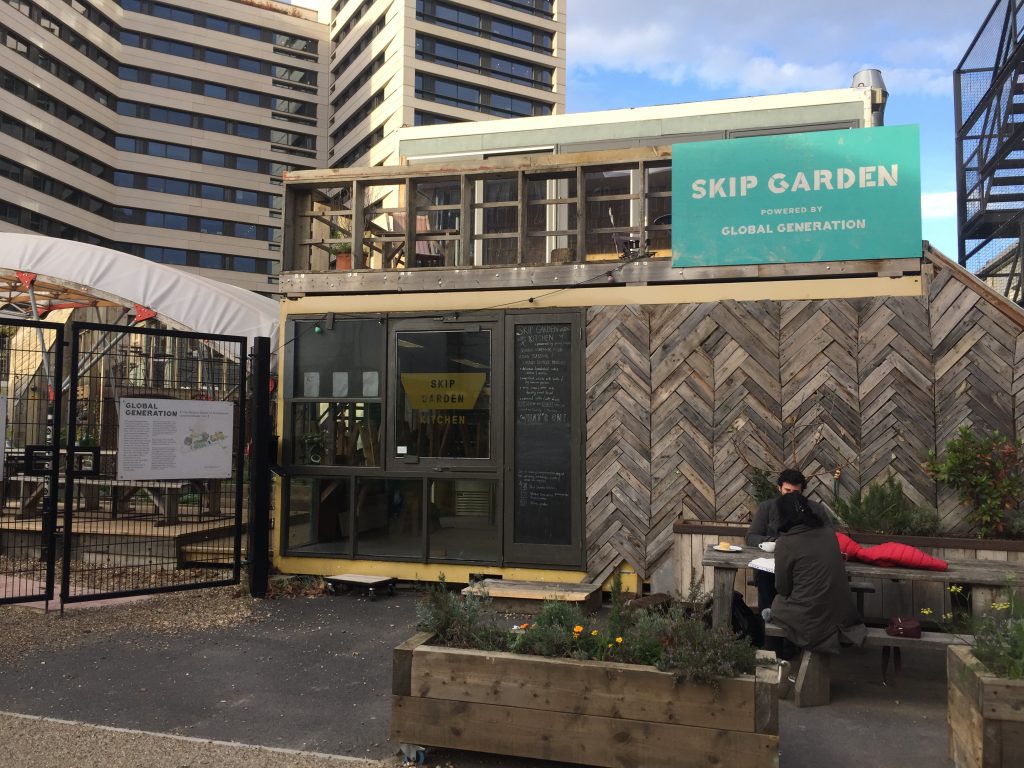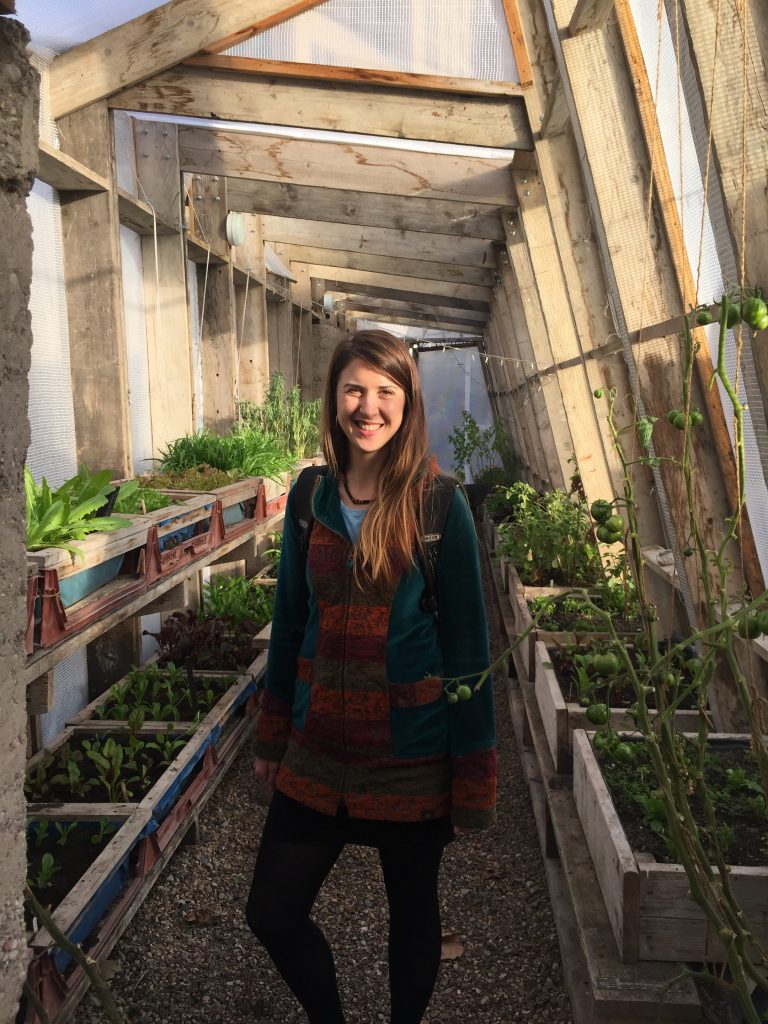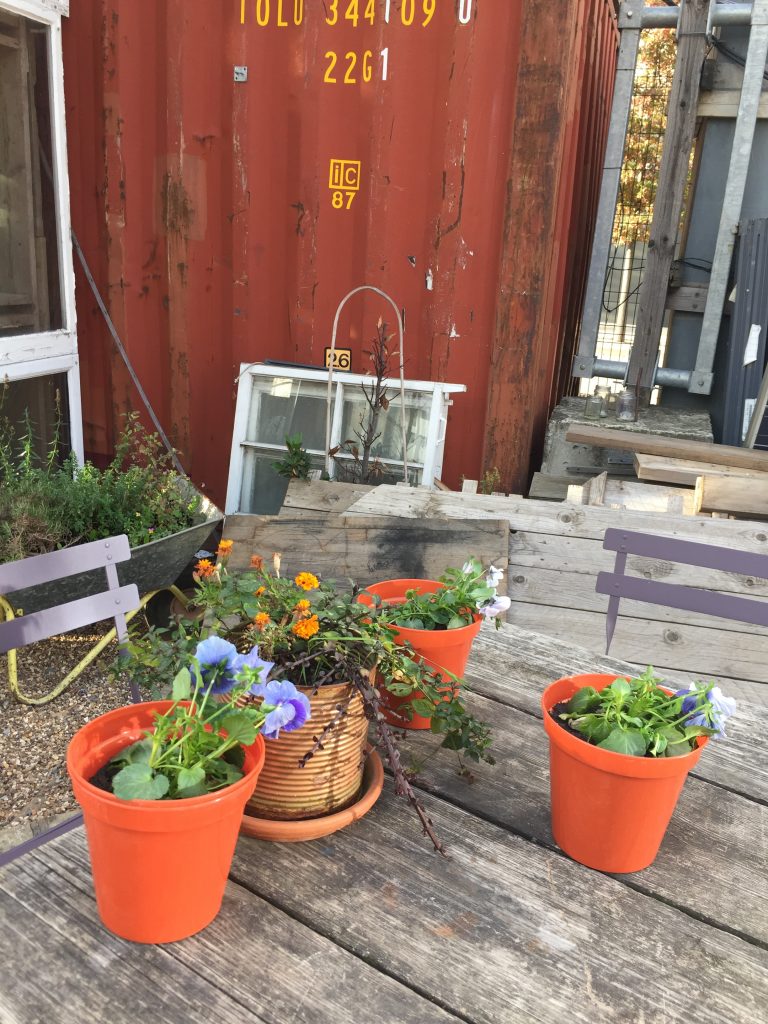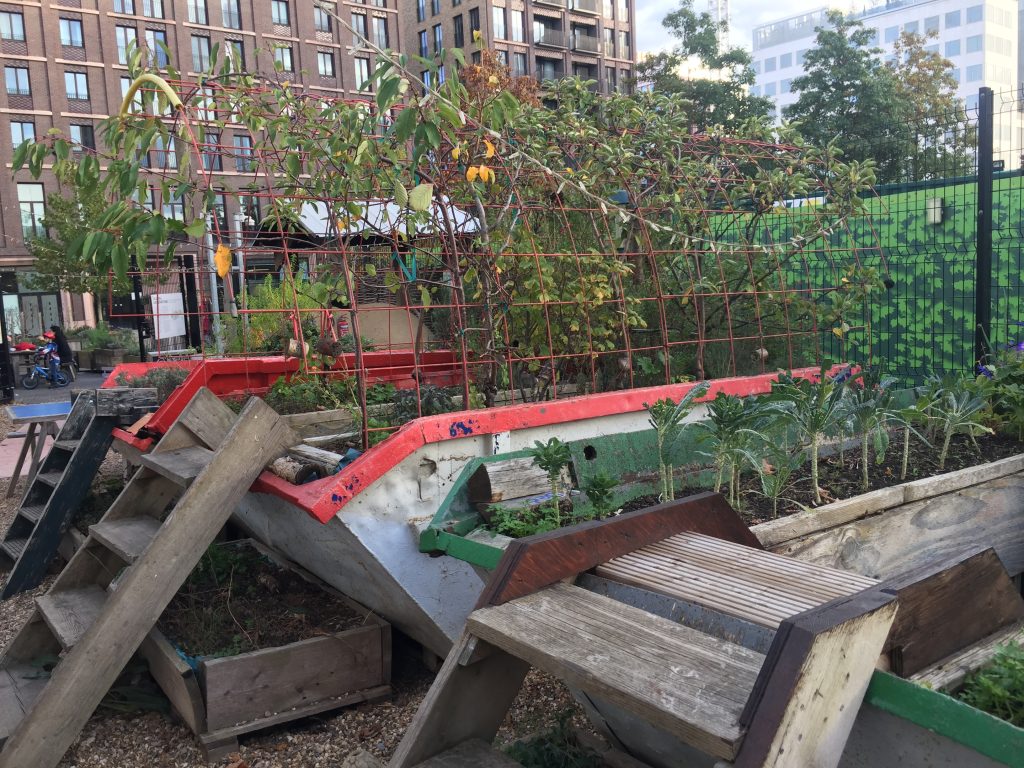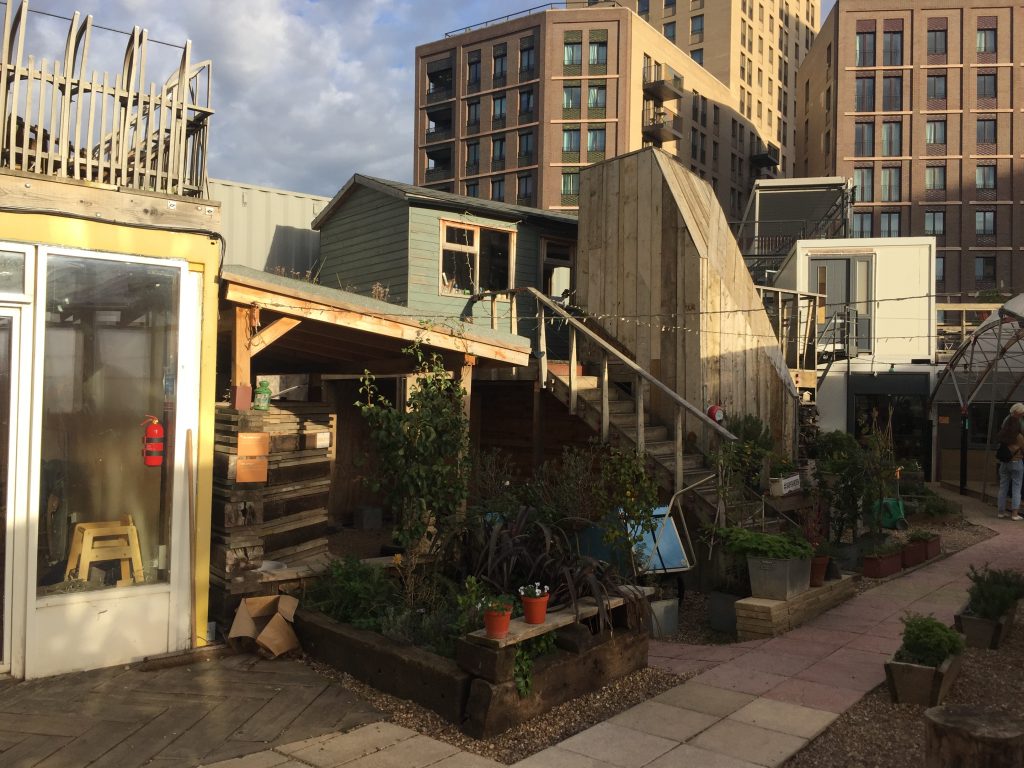Update from the SHARECITY impact assessment tool
Published by SHARECITY on the 20th November 2018.
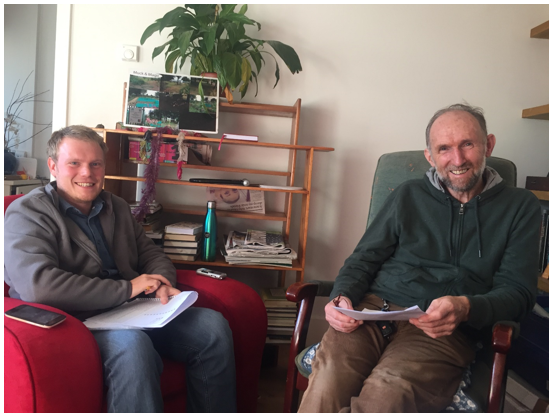
To our co-design initiatives: Thank you for valuable feedback!
A big hello to everyone interested in SHARECITY’s research! We have been busy developing the impact assessment toolkit. As you might know from our previous blog, we are in the midst of creating an online tool which will assess the sustainability impact of food sharing.
To ensure that this innovation will not gather virtual dust in an online library, we are creating the tool in the form of a co-design process.This means, we have been meeting with six of our many food sharing initiatives to generate a user-friendly and useful tool for a wide range of food sharing initiatives.
We would hereby like to shout out a big thank you to Food Cloud, Muck and Magic community garden, Be Enriched, Skip Garden, the Singapore Food Bank and Edible Garden City for providing us with much valuable feedback over the course of the last months!
The third and last round of meetings began with a trip to London, where we met with Jane, Sadhbh and Jocelyn from Skip Garden, one of the involved educational initiatives, and Kemi from Be Enriched, a food sharing initiative which facilitates shared eating experiences. During our stay, we were blessed with both beautiful autumn weather and meaningful feedback.
The following week we met with Aoibheann from Food Cloud and John from Muck and Magic community garden, also two very different initiatives both in terms of their goals and operations. While Food Cloud is a registered social enterprise with an increasing cohort of paid employees which focuses on the redistribution side of food sharing, Muck and Magic community garden is a neighbourhood-based growing initiative which implements the collective planting and harvesting of food. As a result, the feedback we got was unsurprisingly heterogeneous.
A valuable insight we gained from the co-design process, was that presenting relevant data for impact assessment would be highly useful for both securing funding and improving performance within food sharing initiatives.
In terms of designing the tool itself, there are a couple of issues which have been pointed out to us more than once. Firstly, food-sharing activities are extremely diverse in their impact. Some impacts are easy to quantify e.g. the number of saved meals within a certain time period, others are a lot harder to jot down. We will therefore have to create a tool which makes quantitative but also qualitative data visible.
The second issue we addressed was that much of an initiative’s impact may be indirect and happen as a result of the events they hold, interactions they facilitate online, or deliveries they make in person, rather than at the precise moment of interaction or exchange. For example, connections between people take place at a communal lunch, but the effects of this connection could endure beyond the meal itself (or not) and could shape interactions in the participant’s lives beyond the site and timing of the lunch itself. Sharing can create affects that have spatial and temporal dimensions beyond the immediate site of sharing. However, this makes it very difficult to track and capture the cumulative impacts that sharing initiatives create and also makes it difficult to influence how an initiative’s interventions can be managed to ensure optimal sustainability outcomes.
Many food sharing initiatives are particularly looking to change people’s relationship with food, trying to ensure that they waste less of it, eat healthily, and have a greater connection to where it comes from. They can be trying to influence users of an app, attendees at events, or volunteers who deliver recovered food. Some initiatives are using food as a gateway to engage young people to consider their relationship with the planet and society or to enrich local life and cultivate respect through connecting people over a bite. Behavioural change is though notoriously hard to measure and identifying a concrete causal relationship between any one factor (such as volunteering with a food-sharing initiative) and specific impacts, particularly if that impact is experienced as a feeling, is practically impossible given many people’s complex lives. Without using invasive sensor or medical technologies for data capture – which in many food sharing initiatives would not be appropriate given the vulnerable or marginalised participants who participate – we are left with self-reported data from participants to quantitatively report impact in this area which of course has its limitations.
So how will we respond to these challenges? One strategy we’re already adopting is to ensure that the online toolkit is applicable to diverse kinds of food sharing initiatives, from growing to redistributing and relevant to initiatives with diverse sharing modes from gifting to selling and different organisational forms. Our co-design partners are providing us within invaluable insights into their food sharing practices which is helping us do this. We’ll also be piloting the toolkit with other initiatives once the technical online component is complete.
Part of this strategy includes providing indicators which are light on demands for data collection as well as indicators which require higher resources. In this way we hope to be able to meet the needs of start-up food sharers or small-scale grassroots operations as well as those which are much more established in their activities.
Like the SHARECITY100 database, the toolkit will soon be integrated into our website – so stay tuned! Follow our blog and tweets to follow us on our toolkit journey and if you would like to become one of our primary testers, just get in contact: sharecity@tcd.ie
Vivien, Stephen and Anna
© 2015 - 2024 ShareCity | Web Design Agency Webbiz.ie

